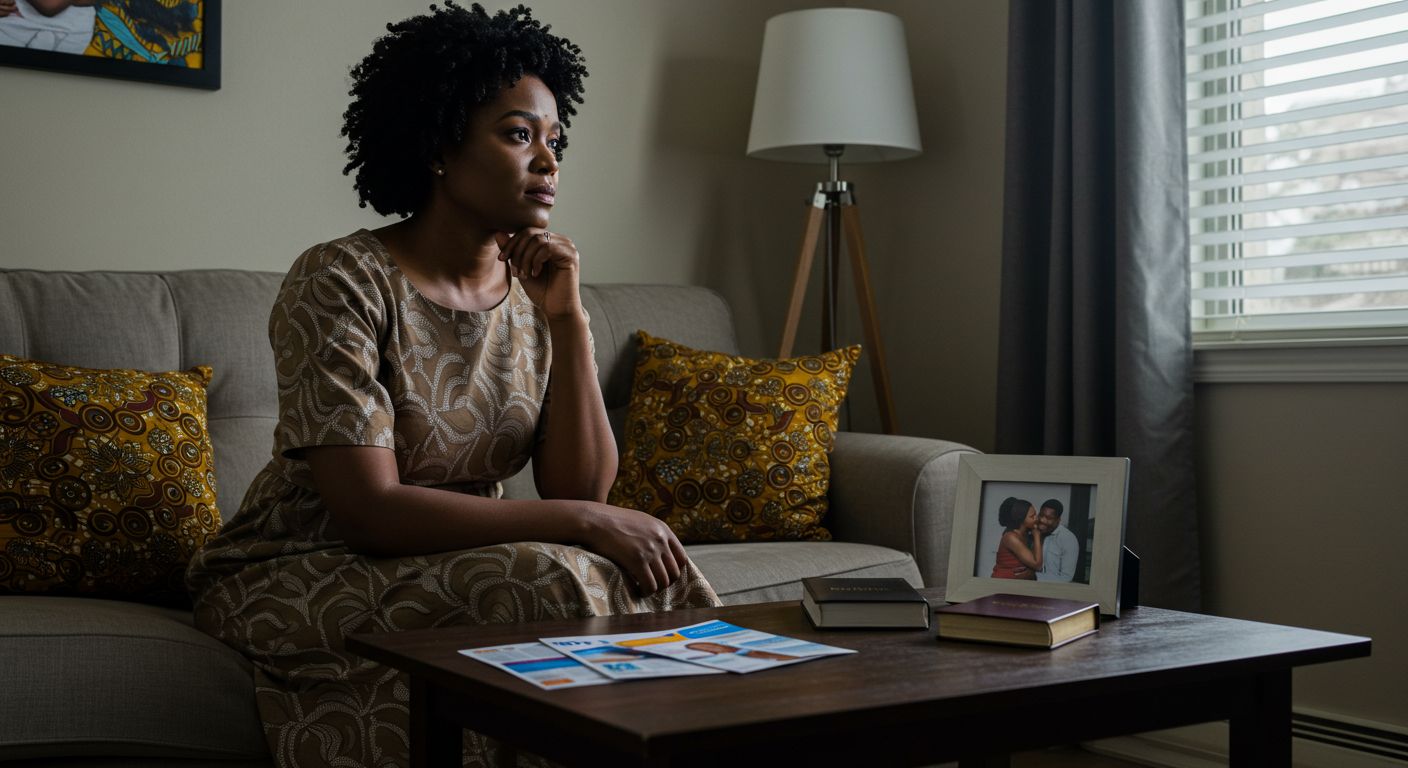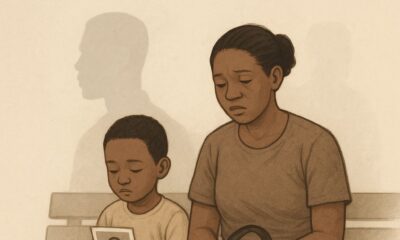Features
Modupe Ayobami: Why Surrogacy is a Sensitive Topic for African Women

The internet has been on fire since Ifedayo Agoro, founder of Diary of a Naija Girl, dropped a video sharing her personal decision as a married woman with a healthy womb who still plans to opt for surrogacy to have her children. This video followed her earlier post, in which she advised women over 30 to consider freezing their eggs, citing the natural decline in egg quality after age 30, as supported by studies from the American College of Obstetricians and Gynaecologists (2018). She stated that more people may disagree with her choices, but perhaps she didn’t expect that many of these dissenting voices would come from fellow women.
Particularly, women who have carried pregnancies naturally, or those who plan to, were quick to challenge her choice, sparking a heated cultural debate on what counts as “acceptable” paths to motherhood.
When Biology, Desire, and Options Clash
For many couples deeply desiring children but battling infertility or pregnancy loss, modern medicine offers multiple doors: IVF, surrogacy, egg freezing and adoption. But these doors aren’t open to everyone.
IVF, while widely known, remains financially out of reach for most middle-class or poor African families. As World Health Organisation reports show, IVF cycles in low-income countries remain prohibitively expensive, costing multiple times the annual income of average households
Adoption, too, comes with heavy cultural resistance in many African communities. Deep-seated fears of raising another person’s child, concerns about ancestral ties, inheritance or the dreaded “what will people say?” often prevent many families from even considering adoption. In strongly religious circles, adoption is sometimes even interpreted as giving up on God’s ability to provide biological children.
More Nigerian Women Are Considering Surrogacy
Yet, with growing visibility from public figures, more Nigerian women are starting to view surrogacy as a legitimate, respectable option. The process allows couples to have biological children by using their own fertilised embryos (egg and sperm), while a surrogate carries the pregnancy to term. This offers an emotional advantage for parents still desiring a genetic connection without the physical strain of pregnancy.
In highly patriarchal cultures where women are still heavily judged for how they give birth, surrogacy has joined a long list of “non-traditional” options that stir public opinion, much like C-section deliveries, epidural-assisted vaginal births, or IVF before it.
Artificial Wombs, The Next Incubator
Some countries, including China, have indeed begun researching and developing artificial wombs, where embryos are incubated entirely outside the human body (MIT Technology Review, 2022). While still in early experimental phases, many scientists predict that artificial wombs may eventually eliminate the need for human surrogates entirely, revolutionising reproductive options globally.
When Religion Weighs In
In deeply religious Africa, particularly within Christian communities, medical advances often come into conflict with spiritual beliefs. Biblical references, such as Exodus 23:26 (“None shall miscarry or be barren in your land; I will fulfil the number of your days”), serve as promises that many women hold onto, trusting God for natural conception despite delays or complications.
The story of Hannah is one of the most frequently cited examples of women facing infertility. Her faith and persistence ultimately led to the birth of Samuel and additional children (1 Samuel 1:20). For many, choosing surrogacy or in vitro fertilisation (IVF) can feel like a test of faith. For others, it represents a gift of science that they believe God has enabled through human innovation.
Money, The Unspoken Factor
What remains at the root of this entire debate, yet rarely discussed, is money. Financially independent women can make autonomous choices about their bodies, treatments, and futures. Financially dependent women, however, often find their reproductive options limited by both their bank account and their husband’s final say.
In patriarchal African societies, many men still attach a woman’s worth to her ability to conceive naturally. For these women, surrogacy feels less like a choice and more like an impossible luxury.
What Truly Matters
Regardless of whether a child is brought into the world through vaginal birth, C-section, IVF, surrogacy, or adoption, no method of delivery is superior to another. Motherhood is defined not by the way a child arrives but by the love and care given afterwards. It is solely the woman who bears the weight of motherhood—physically, emotionally, and spiritually—who should decide which option is best for her. As long as she feels at peace with her choice in body, mind, and spirit, public opinion should not play a role in that decision.




















